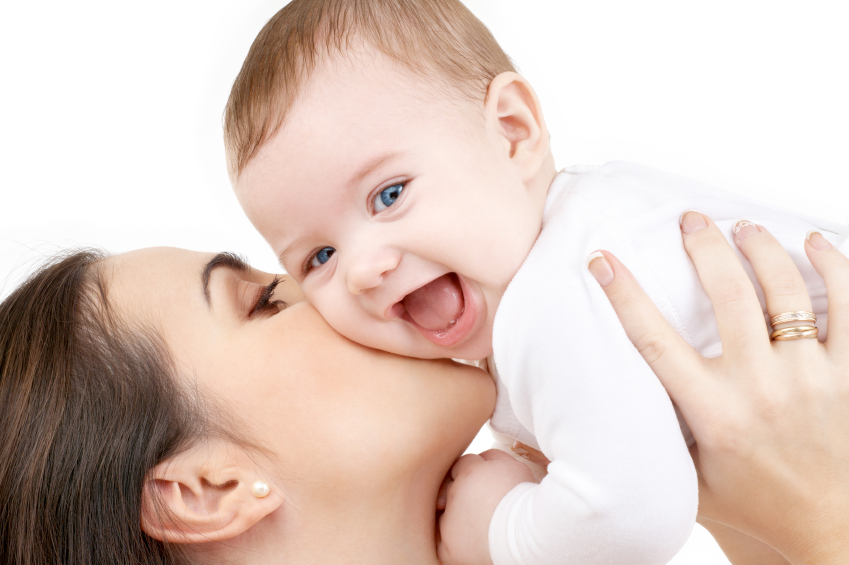Using Alternative Fertility Methods

In order to conceive women need a certain amount of endometrial thickness as well as proper uterine artery blood flow. Both of these are improved with the use of acupuncture administered by infertility doctors. Acupuncture has been shown to reduce any impedance to the uterine artery and as such, increase blood flow to the uterus. Conventional treatments have low success rates, are costly, complex, and have side effects that may be emotionally challenging. As a result, more people are turning to alternative methods including acupuncture.

While the use of acupuncture has been a treatment for both psychological and medical conditions throughout China for thousands of years, it was not introduced to the United States until 1960’s and until the late 1980’s, it was not considered a legitimate medical source. As interest and research into this practice increased, acupuncture moved into the realm of mainstream alternative medicine. In 1999, the World Health Organization (WHO), in collaboration with World Federation of Acupuncture and Moxibustion Societies (WFAS), further legitimized the practice through their published guidelines on basic training and safety in acupuncture. As it stands, licensed acupuncturists are required to complete 2625 hours of training prior to certification.
In acupuncture administered by infertility doctors, thin, metallic needles are inserted into specific places in the body to affect bodily function. Assuming that energy flows in a specific pattern in the body, acupuncture is used to correct any imbalance to that flow, maintaining proper health. In Eastern medicine, the mind and the body are considered one. It is a single entity and in order for health to be assured, the whole body-mind must be taken care of through proper energy flow and balance between them.
Acupuncture administered by infertility doctors provides an alternative treatment for infertility by increasing blood flow, improving hormones, improving ovulation, reducing pain, reducing stress, and improving success rates of IVF. Acupuncture has been shown to increase the percentage of ovulatory cycles, through regulation of the gonadotropin-releasing hormone. Acupuncture can also result in increased blood flow to the uterus, leading to an improved endometrial lining. Acupuncture remains an alternative to the use of ovulation induction or can be used adjunctively. This is because of the manner in which acupuncture can relieve pain by targeting pressure points. Women may enjoy stabilized menstrual cycles with acupuncture, due to the potential release of the hormones and plasmas, and also by relieving tension and stress in the body.
Acupuncture administered by infertility doctors has remained a popular treatment in conjunction with things such as in vitro fertilization because acupuncture can reduce or alleviate pain or suffering from the infertility and the in vitro treatments. This occurs primarily through an increase in the release of beta-endorphins said to result from acupuncture.
The use of acupuncture administered by infertility doctors as an alternative to ovulation induction or as an assistant to alleviate pain of in vitro and other forms of therapy are not the only reasons why the use of acupuncture to treat infertility have increased. Studies show that the use of acupuncture can aid the autonomic nervous system. After the use of acupuncture, pain tolerance decreases, as well as the temperature of the skin and the blood pressure
